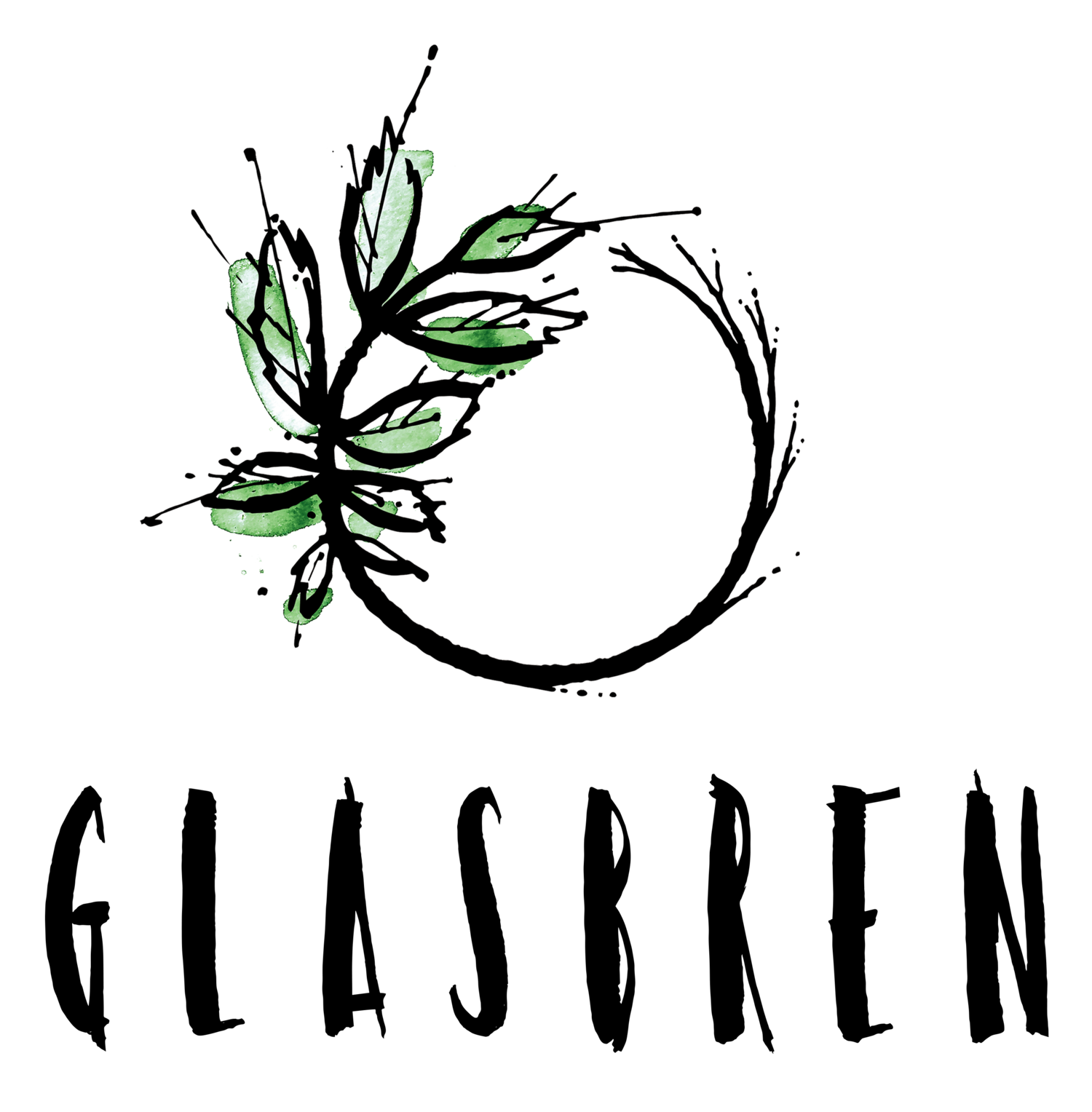‘Dod yn ôl at Fy Nghoed’…. Finding Balance & Belonging in Nature
There’s a beautiful phrase in the native Welsh language of this land, ‘Dod yn ôl at Fy Nghoed’. Literally, it translates as ‘coming back to my trees’, but in its deeper meaning, carries something like ‘returning to a balanced state of mind’.
When we feel uprooted, unbalanced, lonely or isolated, we yearn to ‘come back to our trees’, our community, the moist, fertile soil where we can thrive, a place where we can heal, replenish and regenerate. It’s no coincidence, I think, that a balanced state of mind finds us amongst the trees, in the forest, one of the most therapeutic and healing places for us. Both metaphorically & very practically, the trees offer balance, calmness and healing, and a old kind of belonging that we may have lost.
“When we feel uprooted, unbalanced, lonely or isolated, we yearn to ‘come back to our trees”
We have always known how good being in nature can make us feel. We’ve known it for centuries. The sounds of birdsong, the scents of spring flowers, the dappled light through Summer leaves, the babble of a brook, the warm scent of decaying leaf mould or the refreshing clean air of the forest - these all awaken the senses, help us slow down, disconnect from modern technology & wrap us in a comforting embrace. Being in spaces of deeper nature can ease our stresses and worries, help us to think more clearly, restore our mood and give us back our energy and vitality. We sleep better and research shows that it can counter the effects of illnesses like cancer, strokes, gastric ulcers, anxiety and depression. In the presence of a truly regenerative ecosystem, we can find regeneration of ourselves - we leave refreshed, revitalised, reborn in some way.
On the edges of a native broadleaf forest here in West Wales, we garden and grow food for our community. Our two-acre regenerative food garden is surrounded by alder, hawthorn, ash and holly, and finds a fertile edge with old oak woodland. The garden, too, is evolving into a forest garden, as fruit and nut trees grow and the vertical space of the garden fills out around the annual growing. We have seen that the physical exercise, fresh air, contact with the soil and sense of being part of a shared purpose all build confidence, health and wellbeing in the people who spend time here. When volunteers join us in the garden, though, we also encourage them to go and spend time out in the trees, to slow down, put down their tools and the ‘doing’ mindset for a while. To develop the kind of kindred relationship we all need to start to feel to be good stewards, a positive presence on the Earth and to respond to the crises of our time.
Through the simple practice of ‘forest bathing’, we can come back to the senses, the pathway to a deeper kinship to the natural world, and a sense of belonging with the more-than-human world. More than just a ‘quick-fix’ or a prescribed one-off treatment, spending regular time meeting the natural world, wandering amongst the trees, opening your senses to what you find there offers us a passageway to the kind of reciprocal relationship we need to restore for our own sanity in uncertain times, and for the healing of what’s been broken. It can really support us and our long-term wellbeing.
“We can grow into a greater life by developing meaningful relationships with the other-than-human-world, and fostering a sense of kinship for the great companies we find in the natural places around us, including those living in the soil!”
A Simple Forest Bathing Exercise
Are you excited about the possibility of spending more time amongst the trees, to ‘come back to your trees’? Well, here’s a simple exercise that you can try next time you are in a green space, to held you tune into your senses, feel rooted and present and leave the business of your daily life behind you.
To begin, find a spot in a local forest, park or garden. Make sure you leave your phone behind! All you need to do to get started is to wander aimlessly, without a plan or destination - something we’re not too used to in our daily lives! If you can, why not take off your shoes? Let yourself be guided by feeling and intuition. Listen to where your body wants to take you and follow your nose. Place your feet carefully, one step and a time, noticing the sensations as your feet come into contact with the ground beneath you. Starting with the nose, notice the smells. Follow by tuning into the ears and what you can hear - maybe the birds singing or the rustling of leaves. Next tune into the sensations on your skin. Is there a breeze? Does the air feel warm or cold, dry or moist? Try to deepen your breaths, and draw in the fresh, clean air. Next, explore touch - the bark of a tree maybe, or by dipping your finger tips in a stream. It won’t be long until you notice a new feeling in your body, a balance in your mind. Even if just for a second, notice that deep sense of wellbeing. You’ve come back to your trees.
In a few weeks, on Saturday 15th April 2022, we’ll be offering an extra special workshop, inviting you to come back to YOUR trees, amongst the trees and gardens here at Glasbren. Through nature-connection activities, meditative practices and guided time in green spaces, this day retreat will allow you to bathe in the healing balm of nature and resource you with practices you can take home to improve your own wellbeing and build your sense of kinship with the living world. We have a few spots available, so please do book as soon as possible! Click on the banner below to book.



